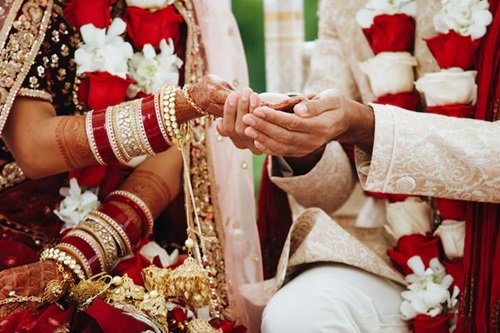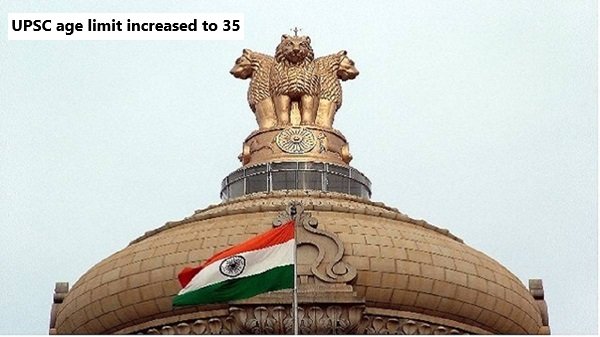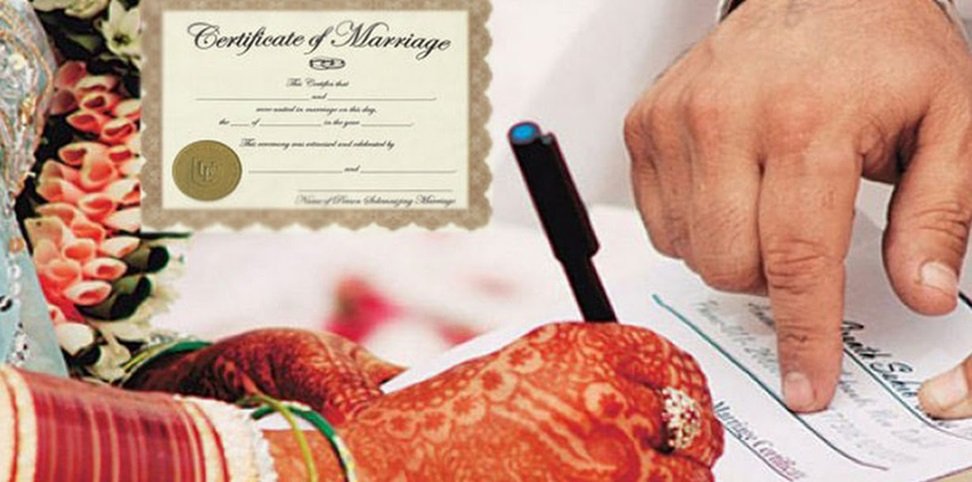Introduction to Minimum Age for Marriage in India
Minimum Age for Marriage in India: In India, marriage is a pivotal cultural and social institution, subject to evolving legal standards aimed at ensuring social welfare and gender equality. This article offers a clear explanation of the legal minimum age for marriage in India, exploring its implications, legal framework, and societal impact, all in straightforward language and concise paragraphs.
Overview of India’s Marriage Laws
India’s marriage laws aim to ensure that individuals entering into marriage are of a legally appropriate age. This legal framework protects young individuals from early marriage pressures, supporting their development and well-being.
What are the Legal Minimum Ages for Marriage?
- For Women: The legal minimum age for women to marry is 18 years.
- For Men: For men, it is 21 years.
The law enforces these ages to combat child marriages, which harm both individuals and the community.
Why Set a Minimum Age for Marriage?
- Health Benefits: Marrying after reaching the age of maturity reduces health risks, especially from early pregnancies.
- Emotional Readiness: It ensures both partners are ready to handle the complexities of marriage and family life.
- Education and Employment Opportunities: Higher marriage ages allow individuals to complete their education and secure employment, fostering economic independence.
Enforcement of Marriage Age Laws
Authorities implement several laws to enforce the minimum marriage age:
- The Prohibition of Child Marriage Act, 2006: This act penalizes anyone involved in child marriages.
- The Indian Penal Code: It criminalizes cohabitation with a minor.
- The Protection of Children from Sexual Offences Act, 2012: This law protects minors from abuse and exploitation.
Cultural and Societal Challenges
Despite these laws, child marriage persists, driven by:
- Traditional Practices: Some communities still follow old traditions of child marriage.
- Economic Factors: In poorer regions, families often marry off young daughters to reduce financial burdens.
- Lack of Awareness: Many people are unaware of the laws against child marriage or its harmful effects.
Initiatives to Combat Child Marriage
The government and various NGOs are working to stop child marriages through:
- Education Programs: These programs help people learn about the benefits of obeying the marriage laws.
- Incentives for Education: They encourage families to keep their daughters in school longer.
- Law Enforcement: Authorities actively prevent child marriages and prosecute those responsible.
Frequently Asked Questions
Q1: Why are the minimum ages for marriage different for men and women?
- The law aims to ensure that both individuals are mature enough for marriage, considering physical, emotional, and educational readiness.
Q2: What happens if someone breaks the marriage age law?
- Breaking this law can lead to fines, imprisonment, or both.
Q3: Are there any exceptions to these age requirements?
- Indian law allows no exceptions to the minimum age requirements to protect young individuals.
Q4: How can I report a child marriage?
- You can report child marriages to the local police, child welfare services, or relevant NGOs.
Q5: Have there been any recent changes to these laws?
- Lawmakers are considering proposals to set the same marriage age for both men and women at 21 to promote equality and better life opportunities.
Conclusion
Setting a legal minimum age for marriage in India protects the rights and health of young people. These laws support strides toward gender equality, better health, and social and economic development. Upholding these laws, coupled with ongoing education and enforcement, is essential to eliminate child marriage and build a fairer society.



